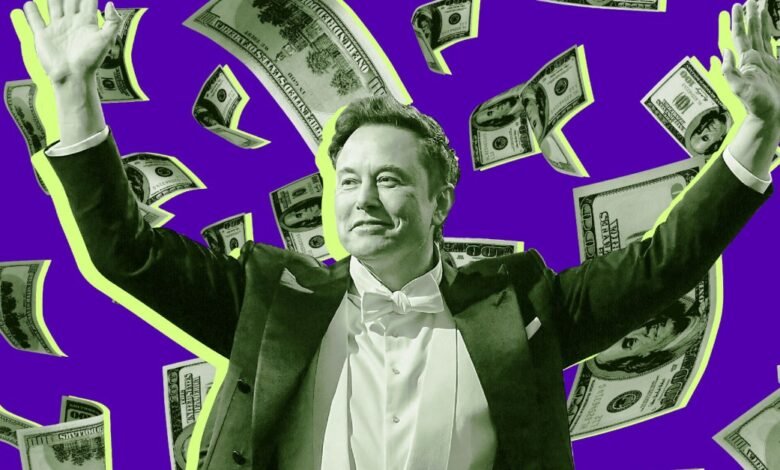Tesla Revives Threats to Secure Musk’s $1 Trillion Pay Package

▼ Summary
– Tesla’s board is pressuring shareholders to approve Elon Musk’s $1 trillion pay package by November 6th or risk him leaving as CEO.
– The board argues Tesla would lose significant value without Musk, who is key to its transformative goals in mobility, energy, and AI.
– A Delaware court previously voided a $50+ billion pay package for Musk, citing unfairness and undue influence, leading to an appeal and a vote to move incorporation to Texas.
– Proxy firms ISS and Glass Lewis advise rejecting the package, calling it too large and influenced by a board captured by Musk, while Tesla’s board remains confident in approval.
– Tesla faces challenges like an aging product lineup, growing competition, and expiring tax credits, but the board’s focus is on securing Musk’s compensation rather than addressing these issues.
Tesla’s board of directors has issued a forceful ultimatum to shareholders, urging approval of Elon Musk’s monumental $1 trillion compensation package during the upcoming November 6th annual meeting. The board suggests that failing to secure this unprecedented payout could lead to Musk departing the company, potentially causing Tesla’s value to plummet. This strategy mirrors previous successful efforts to secure massive compensation packages for the CEO.
Board Chair Robyn Denholm emphasized in a shareholder letter that Tesla’s transformative ambitions in mobility, energy, and artificial intelligence depend heavily on Musk’s continued leadership. She warned that without his vision, the company might struggle to achieve its goals with projects like Full Self-Driving technology and the Optimus robot. The messaging closely resembles arguments made during last year’s campaign for Musk’s $55 billion pay package, which shareholders ultimately approved despite concerns about its scale.
Corporate governance watchdogs have raised significant objections to the current proposal. Both Institutional Shareholder Services and Glass Lewis have recommended rejecting the compensation plan, citing its excessive size and questioning the board’s independence from Musk’s influence. The Tesla CEO responded aggressively to these recommendations, labeling the proxy firms “corporate terrorists” during a recent earnings call.
The compensation battle occurs against a complicated legal backdrop. A Delaware court previously invalidated Musk’s earlier pay package, valued at over $50 billion, citing procedural flaws and excessive board influence. While shareholders had approved that package twice, the court maintained its position, prompting Tesla to appeal to the Delaware Supreme Court. Musk subsequently initiated efforts to reincorporate Tesla in Texas, potentially escaping Delaware’s established corporate legal framework.
Tesla’s leadership appears confident about the vote’s outcome, with Musk purchasing additional company shares and Denholm making rare media appearances to rally support. The company benefits from temporary positive momentum, with third-quarter sales boosted by expiring electric vehicle tax credits. However, Musk has acknowledged that financial performance may deteriorate in coming quarters as these incentives disappear.
The board’s campaign notably avoids addressing several pressing challenges facing the automaker. Musk’s controversial political activities, his support for various political figures, and his management decisions at other companies receive no mention in the board’s communications. Beyond leadership concerns, Tesla confronts an aging vehicle lineup, intensifying competition from traditional and emerging automakers, unresolved questions about its autonomous driving technology, and the impending reduction of regulatory credits that have supported profitability.
Rather than presenting a comprehensive strategy for navigating these challenges, Tesla’s directors are asking investors to reaffirm their commitment to the status quo. The company’s future direction appears tied to maintaining its current leadership structure, with shareholders facing a critical decision about whether continued reliance on Musk’s vision justifies history’s largest executive compensation package.
(Source: The Verge)





